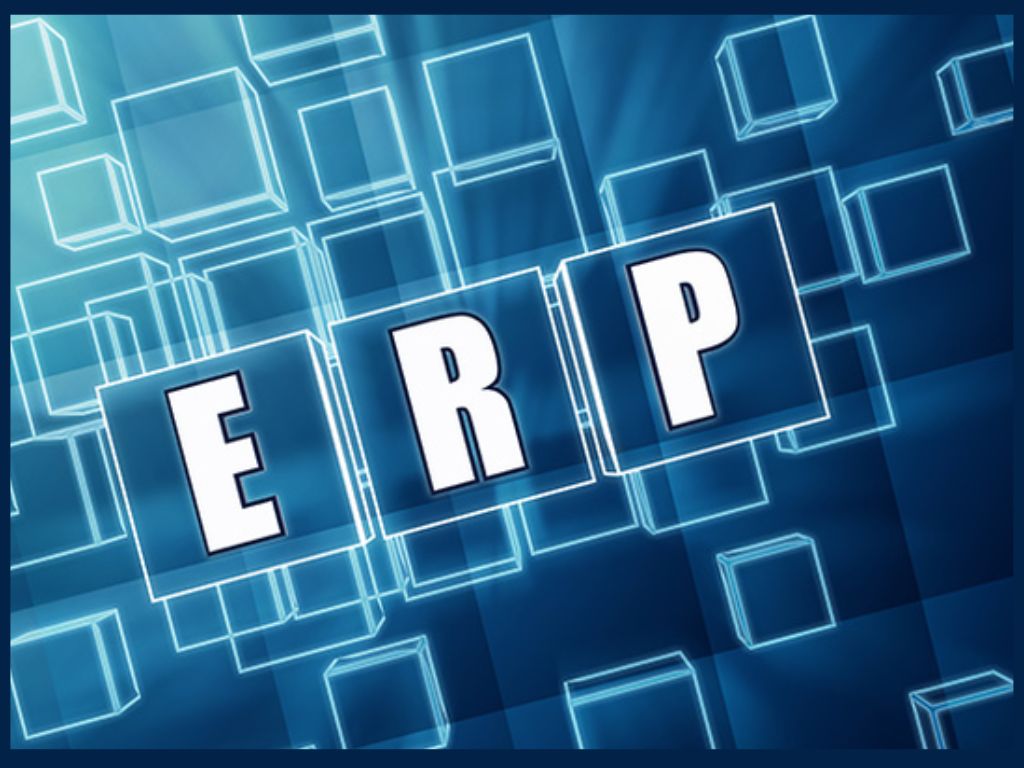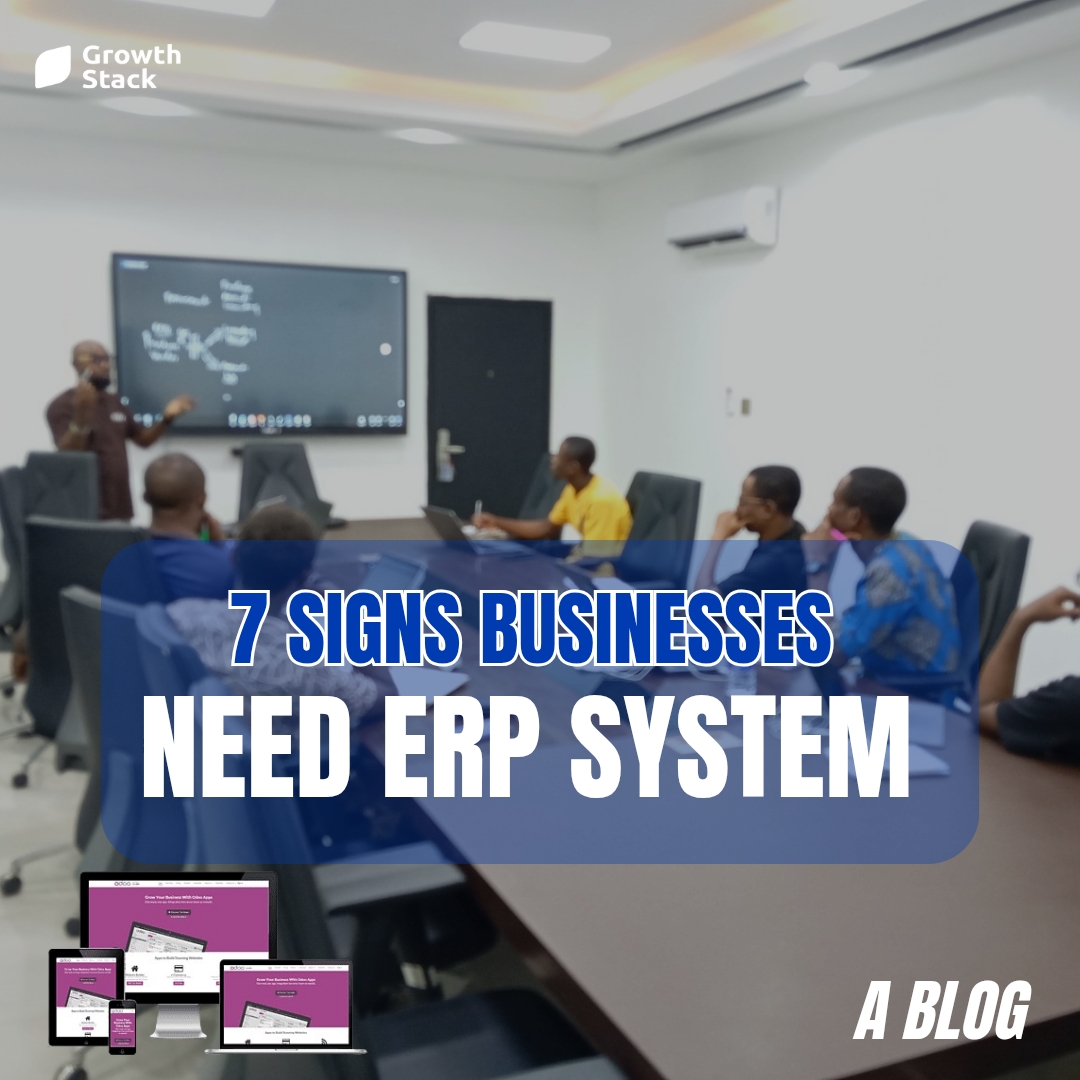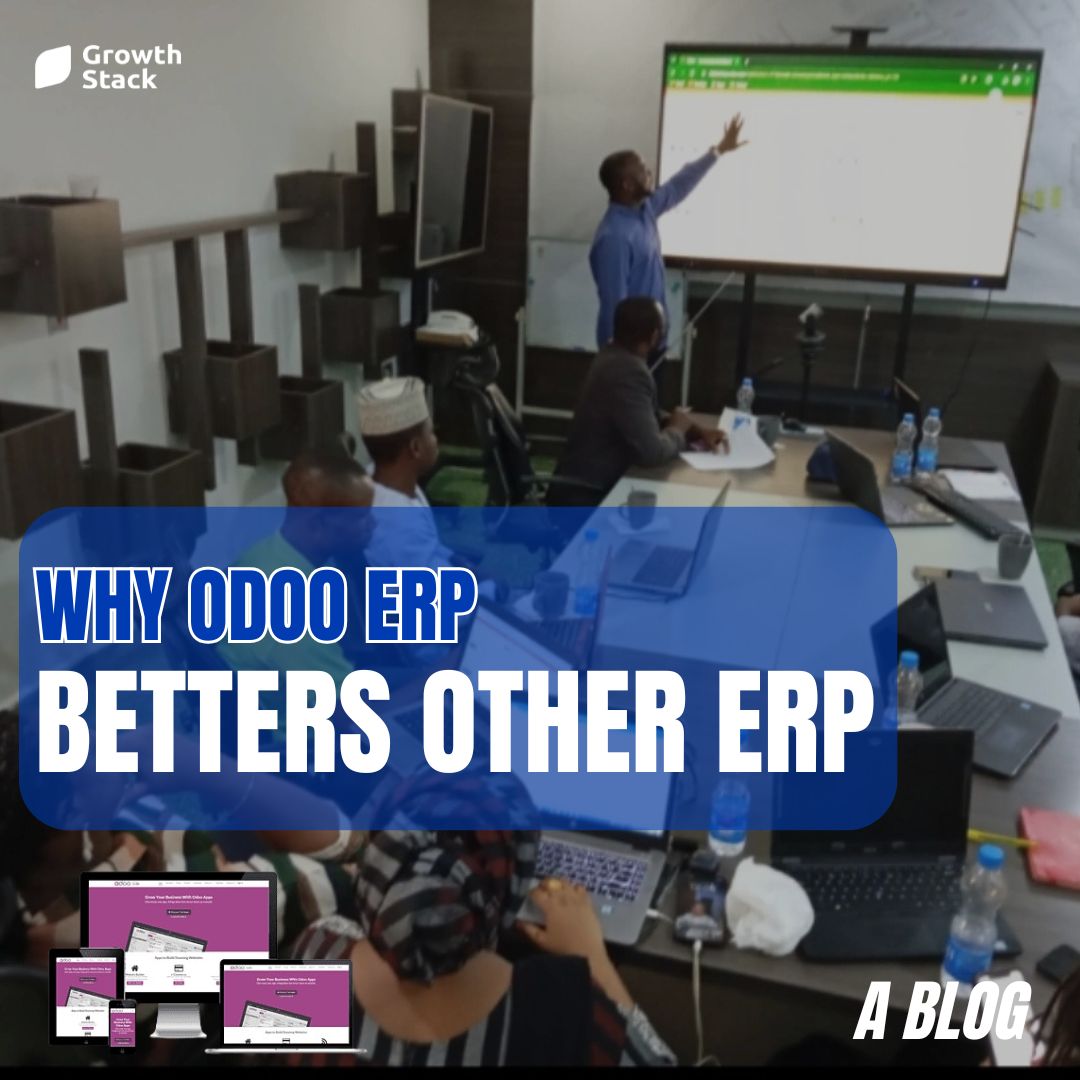Introduction:
In today’s digital landscape, data security is of paramount importance. Enterprise Resource Planning (ERP) software, with its centralized nature and integration across various business functions, holds a wealth of sensitive information. To ensure the safety and integrity of your data, it is crucial to prioritize ERP software security. In this article, we will explore key measures and best practices for keeping your data safe within an ERP environment.
User Management and Access Control:
Effective access control is critical to ERP software security. To prevent illegal access, utilize robust user authentication measures such as multi-factor authentication. Make role-based access controls and assign appropriate permissions depending on job duties. Review user access rights on a regular basis and swiftly terminate access for employees who no longer require it. You can reduce the risk of unauthorized data access by employing strong user management policies.
Data Encryption:
Encryption of data is a vital component of ERP software security. To prevent unauthorized interception or access, encrypt sensitive data at rest and in transit. To preserve the security and integrity of your data, use robust encryption techniques. For data transmission between users and the ERP system, use secure data transfer protocols such as HTTPS. Encryption gives an extra layer of security to your data, making it more resistant to potential breaches.
Regular Software Updates and Patching:
Be on the lookout for software updates and patches given by the ERP software vendor. These upgrades frequently correct security flaws and fortify the system’s defenses. Monitor for new updates on a regular basis and ensure that they are deployed as soon as possible. Implement a thorough patch management approach to keep your ERP software up to date with the most recent security updates. You may reduce potential security threats and secure your data by remaining up to speed on software upgrades.
Backup and Disaster Recovery:
Backup and disaster recovery are critical components of ERP software security. Backup your ERP system data on a regular basis and store it securely, preferably off-site or in the cloud. Periodically test the restoration procedure to confirm the integrity and availability of your backups. Create a comprehensive disaster recovery strategy that details how to restore data and systems in the case of a security incident or disruption. In the event of an unforeseen event, a robust backup and recovery strategy can help to reduce data loss and downtime.
Security Audits and Monitoring:
Conduct regular security audits and assessments on your ERP system to discover weaknesses and opportunities for improvement. Penetrating testing should be performed to discover potential entry points for hostile actors. Use powerful monitoring technologies to detect unusual activity, unauthorized access attempts, and potential breaches. Examine system logs and user actions for anomalies or signs of compromise. By proactively monitoring the security of your ERP system, you may discover and respond to risks before they escalate.
Employee Training and Awareness:
Your staff are critical to the security of your ERP software. Educate and train them on data security best practices, such as password hygiene, phishing awareness, and social engineering threats. Create a security-awareness culture in your firm to empower employees to identify and report potential security incidents. Communicate security policies on a regular basis and emphasize the necessity of data protection. You can develop a stronger barrier against security breaches if your personnel are well-informed and watchful.
Conclusion:
To protect your company’s sensitive information, you must protect your data within an ERP software environment. You may improve ERP software security and prevent potential risks by installing access controls, encrypting data, deploying software updates, establishing data backup and recovery methods, conducting security audits, and raising staff awareness. Maintain the confidentiality, integrity, and availability of your vital company information by prioritizing data security within your ERP system.











